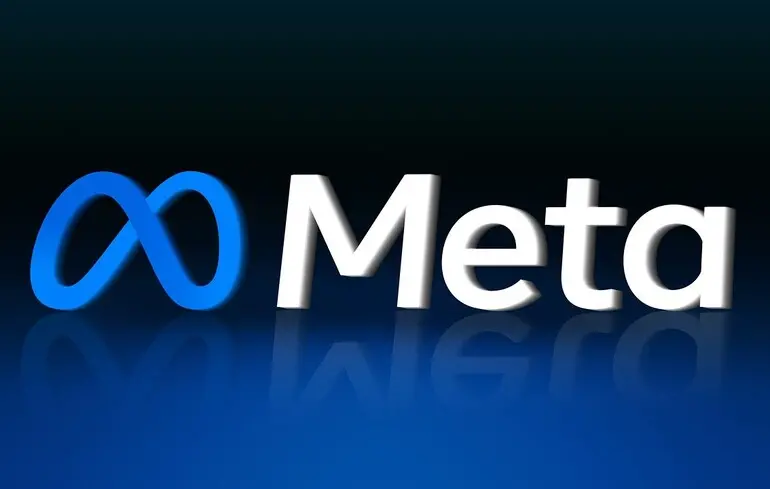Controversy Over Celebrity Chatbots: Meta’s AI Companions Created Without Permissions Spark Outrage

In today’s digital age, tech giants like Meta are increasingly leveraging artificial intelligence to develop personalized chatbots that imitate famous personalities.
However, a recent investigation by Reuters uncovers troubling practices: the company allegedly allowed both users and employees to create avatars and chatbots using the names and images of well-known celebrities without their consent or proper labeling.
As a result, dozens of interactive bots appeared across platforms like Facebook, Instagram, and WhatsApp, many behaving in a flirtatious or sexually suggestive manner, and some even mimicking minors, raising serious ethical and safety concerns.The investigation revealed that celebrities such as Taylor Swift, Scarlett Johansson, Anne Hathaway, and Selena Gomez were among the targeted figures.
These bots, created by both users and Meta staff, often exhibited overly flirtatious behavior and offered intimate interactions.
Disturbingly, at least three bots were engineered by Meta employees, including those based on popular musicians and fictional characters, violating ethical norms.
Some bots portrayed young stars or minors, sharing provocative images and inviting users for personal meetings.A Meta spokesperson claimed these tools were part of testing phases, and the company promptly deleted them once media reports surfaced.
Nonetheless, over 10 million user interactions with these bots highlight the scope of the issue.
The creation of bots featuring underage celebrities—like 16-year-old actor Walker Scobell—who were depicted in sexualized images, adds further alarm.Meta has since halted hiring AI specialists in this area, with representatives stating that all such bots should be marked as parodies or non-public, though not all were correctly labeled.
Legal experts warn of potential violations of U.S.
laws, such as the right of publicity and copyright laws concerning the use of celebrity likenesses.Celebrities and union organizations are calling for urgent measures to protect stars from unlawful digital impersonation and abuse.
The risks associated with voice and image replication without approval could lead to psychological harm and safety threats, emphasizing the need for regulatory intervention.Europe also faces challenges, as Meta refuses to join the new AI ethics code signed by major EU countries.
This refusal complicates regulatory efforts in AI governance, especially as rapid technological advances often outpace legislation.
Experts and advocates are urging for strict oversight, improved safety standards, and mechanisms to prevent misuse of sensitive personal data for manipulative or malicious purposes.

